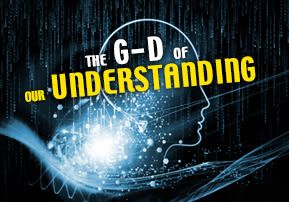
The G-d of Our Understanding
This is the first of a series of articles that lists the differences between the Twelve Step path and the Torah-based recovery program known as Emuna Coaching.

I don’t want to discourage anybody who feels that he is being helped by attending Twelve Step recovery meetings. But what I’m starting here is a series of articles that delineate the differences between the Twelve Step path to recovery and the purely Torah-based and emuna-based recovery program known as Emuna Coaching which is endorsed by our Rabbi and teacher, Rabbi Shalom Arush.
The first basic problem with the Twelve Step philosophy is in their making a distinction between “spirituality” and “religion.” In reality there is only one spirituality, one religion and one G-d. There were only one set of commandments that G-d gave to His prophet, Moses, to be shared with all of humanity. These laws are known as the 7 Noahide Commandments, which are the universal spiritual principles for all of humankind. The Noahide Commandments clearly define for people of every race and nationality what a spiritual life is and what a spiritual life is not. They are the tools that the Creator has given, in His great compassion, to help all people move closer to Him, fulfill their spiritual mission on earth and receive their ultimate reward in the world-to-come.
The Twelve Step programs speak about G-d, but their G-d is the “G-d of our understanding.” To them, G-d is a personal G-d who has touched them in some way and awakened them to the need to work on themselves. As we’ll see, this is a good beginning but for real lasting recovery much more is needed.
I read a book recently by a Rabbi who wrote about how the Twelve Steps helped him to recover from an addiction, and how he believes that the Steps are compatible with Judaism. He begins with an example 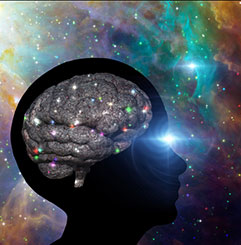 from the Torah itself to explain how one’s own personal, subjective, non-denominational G-d is what works best for recovering addicts.
from the Torah itself to explain how one’s own personal, subjective, non-denominational G-d is what works best for recovering addicts.
The author tells the well-known story of how after G-d split the sea for the Jews coming out of Egypt, Moses led the people in a song of praise to G-d in which they sang; “This is my G-d, and I will glorify Him; the G-d of my father, and I will exalt him.” (Exodus 15:2) He then explains: “The G-d of my father” means that which others have taught me about G-d. It is a relationship with G-d that I have been born into. ‘My G-d’ means that which I have discovered by myself. It describes my personal relationship with G-d based on my direct experience of His active role in my life. It is what I know about Him because of what has happened to me. Both are indispensable. But which one does the verse mention first? First “this is my G-d” and then “G-d of my father.”
So far, there is no problem with the meaning that the author derives from this verse. In fact, it is not an original derivation. The great Biblical commentator Hayyim ibn Attar, known as the Or HaHayyim, derived the same meaning from this verse almost 300 years ago; However, the Or HaHayyim’s message was different than this author’s message in a very significant way. According to the Or HaHayyim, one must first develop faith in G-d from his own personal experiences but then he must relate it to his legacy of faith that he received from his ancestors going back to Moses and G-d’s revelation on Mount Sinai. The problem here is not what the Rabbi writing on the Twelve Steps said but rather what he failed to say. He admits that both types of relationship to G-d are “indispensable” but he unfortunately stops short of mentioning the crucial point which is that people cannot fully recover from addiction and stay recovered from addiction without both – “My G-d” and “The G-d of my fathers.” Now I’ll explain why this is.
The Midrash says, “If a person should tell you there is wisdom among the nations, believe it…But if he tells you there is Torah among the nations, do not believe it.” The Twelve Steps contain wisdom but they are not Torah, and this is the difference that makes all the difference.
Writing in 1738, the holy Ramchal, Rabbi Moshe Chayim Luzzatto wrote: “Only teachings that are based on the Torah have the power to permanently cure human suffering. The only reason why Torah has any power at all is because G-d bound His most precious influence to it.” If G-d had not made it so, then the Torah would be no different than any other educational book. These [secular] books may contain accurate and valuable information, but they do not incorporate any significance and excellence into the soul of a person who reads, recites or comprehends them. Books such as these have absolutely no power to rectify creation.” People and their problems are included as part of creation and, as such, need rectification. In other words, secular books, like the Big Book of Alcoholics Anonymous may contain accurate and valuable information but it has absolutely no power to heal the blemished soul of the addict at its root.
Actually most newcomers to Judaism are also initially sparked by their own personal experience with G-d before they study the Torah and its laws. Rabbi Shalom Arush himself tells us in The Universal Garden of Emuna, of how with fledgling innocence and sincerity he began to speak with G-d and forge a deep bond with Him even before he became a practicing Torah-observant person – but Rabbi Arush didn’t stop there. Rabbi Arush later wrote: “A common question that people ask is “Isn’t it enough that in my heart, I believe in the Creator?” No, that’s not enough. Lofty ideals that are not translated into action have no effect on a person. Our values and ethics must be guidelines for the way we live our lives, not just coffee-table talk. A person must fulfill the commandments in order to fulfill his task on earth.”
The Rabbi who writes about the Steps calls addiction a “mysterious condition that we refer to as an incurable, progressive, and most bewildering malady that defies categorization by conventional terms.” But for us, there is nothing mysterious about addiction. G-d willing, in the coming weeks, based on the Torah-based teachings of Rabbi Shalom Arush, I will explain exactly what addiction is and where it came from. In time, the reader will have a clear understanding of not only how to treat addiction and yes, even cure addiction – but even more so, with G-d’s help, we’ll show how the “gift” of addiction is meant to elevate any person who suffers from it to the greatest spiritual heights.


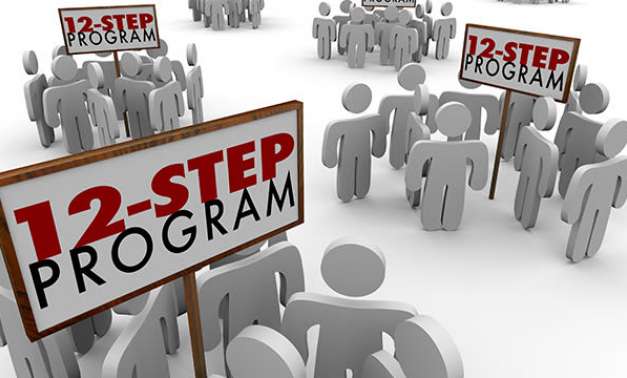

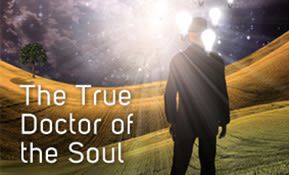




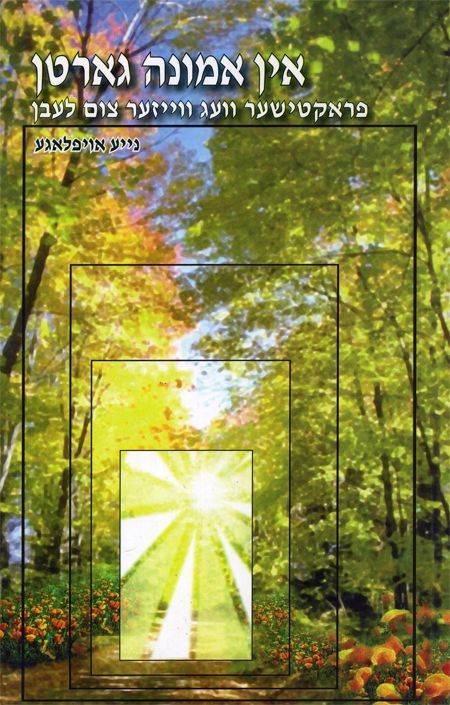
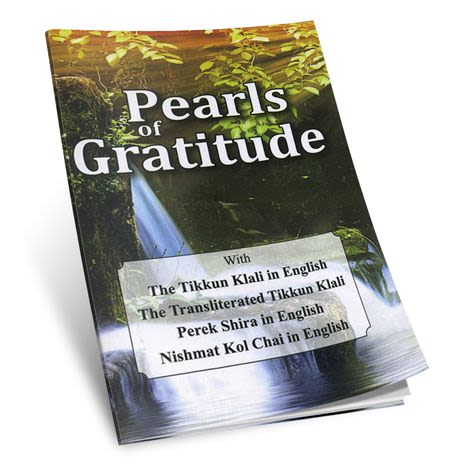
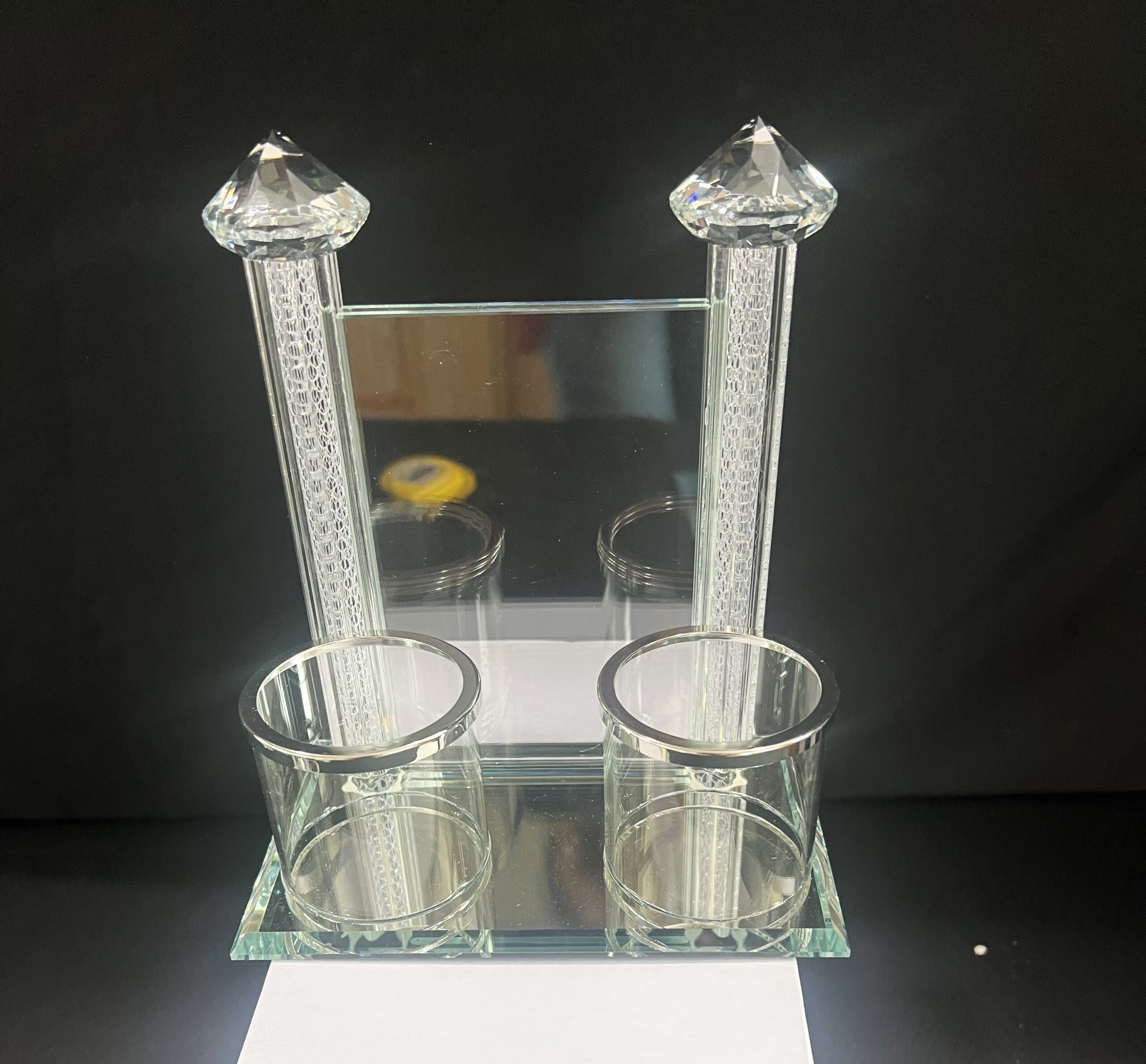
8/31/2017
Very glad to read something like this
Really, really appreciate the Truth you emphasize here. Well-intentioned people are getting to wrapped up in compelling psychological theories. Kol hakavod for setting things straight.
8/31/2017
Really, really appreciate the Truth you emphasize here. Well-intentioned people are getting to wrapped up in compelling psychological theories. Kol hakavod for setting things straight.